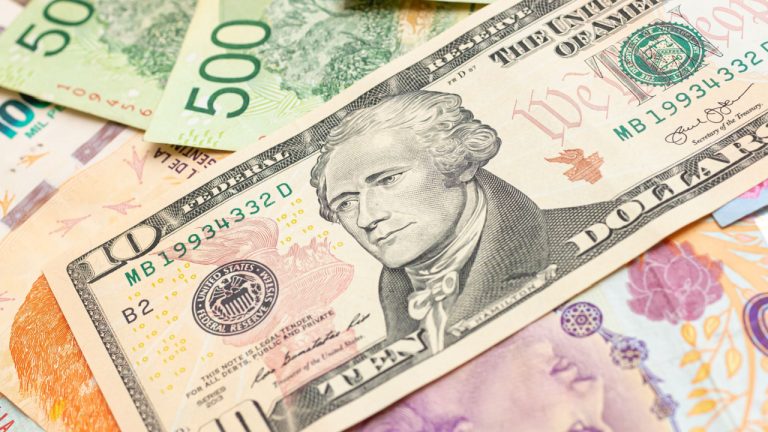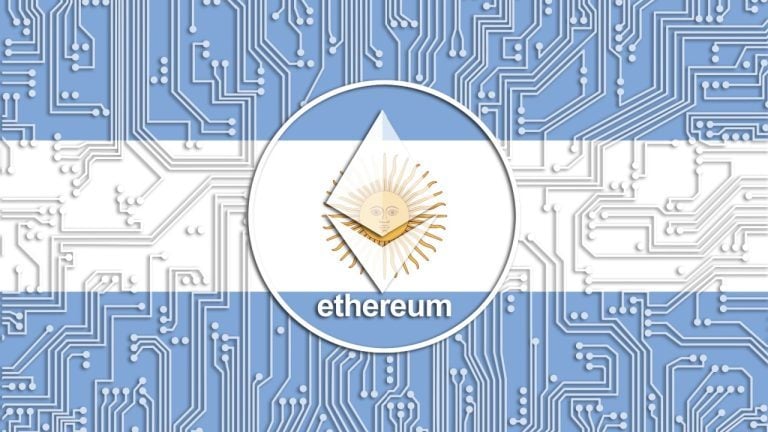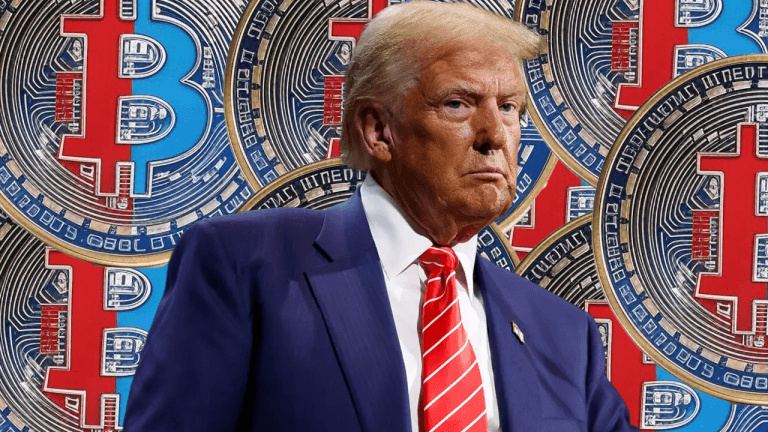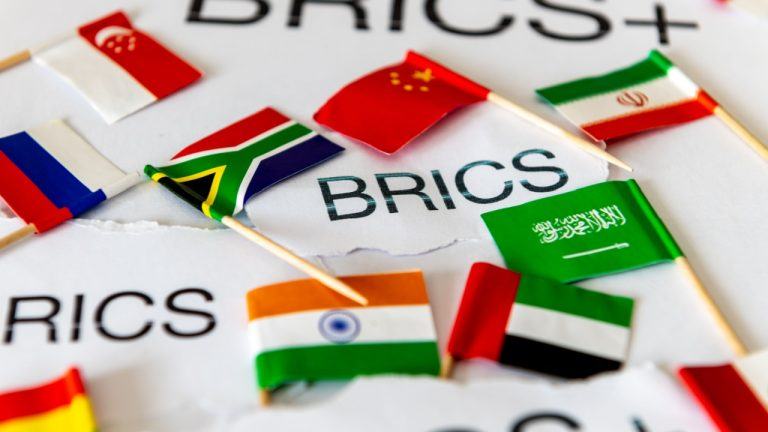
Javier Milei, a libertarian politician, won the Argentine primaries with more than 30% of the total vote, causing experts to weigh in on the dollarization plans he has vowed to apply. Milei’s government plan contemplates reducing the political apparatus in Argentina and axing the central bank, which would be closed after the dollarization process.
Javier Milei Wins Argentine Primaries Sparking Dollarization Talks
Libertarian presidential candidate Javier Milei won the primary elections held in Argentina on Sunday, scoring more than 30% of the popular vote. While these elections serve just for selecting the candidates from each political party, the process allows observers and analysts to speculate on the outcome of the next elections, slated to be held on October 22.
The victory of Milei, considered by many as a far-right-leaning candidate, has sparked talks about his government plan, which includes reducing the size of the state by cutting several ministries and, most significantly, the dollarization of the Argentine economy.
Milei’s dollarization program would include the conversion to dollars of all deposits and reserves of private and public institutions and the closure of the Central Bank of Argentina. He has stated this is one of the ways to “end the scam of monetary emission to cover for the treasury and end inflation, given that Argentine politicians are thieves.”
The economy has also reacted to Milei’s win, with the central bank devaluing the official exchange rate of the Argentine peso to 350 units per dollar, while the parallel “blue” exchange rate reached record highs of almost 700 pesos per dollar, nearly doubling the official rate. Retail stores have also removed prices from imported appliances and other products to protect themselves from losing money in any sale.
Experts Talk Dollarization
The outcome of the primaries has economists and politicians analyzing the possible effects of dollarization on the Argentine economy. In June, Milei claimed that he had secured the funds to dollarize Argentina, avoiding disclosing the identities of the third parties involved in such a deal due to the existence of non-disclosure agreements (NDAs).
Former Economy Minister Jorge Lenikov criticized the dollarization plan, stating that this would leave Argentina without the tools to apply its monetary policy, leaving these to be enforced by the U.S. Federal Reserve.
However, some have also supported Milei’s vision. Emilio Ocampo, another Argentine economist, believes that dollarization is the “second best” option for the country, as he considers that an independent and competent central bank is unattainable in Argentina.
What do you think about Milei’s dollarization plan? Tell us in the comments section below.
Bitcoin News








Leave a Reply
You must be logged in to post a comment.